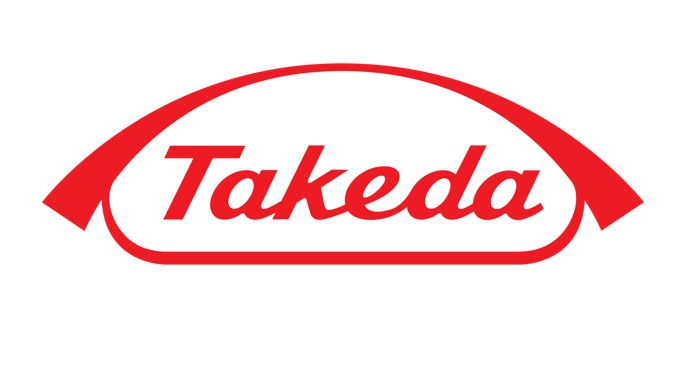Takeda strikes three new immuno-oncology deals

Takeda is upping its commitment to cancer after its Shire takeover with the announcement of three new research collaborations in immuno-oncology.
In the first deal, Takeda will collaborate with Memorial Sloan Kettering Cancer Center (MSK) to discover and develop novel CAR-T products for the treatment of multiple myeloma, acute myeloid leukemia and additional solid tumour indications. The broad, multi-faceted collaboration will be co-led by CAR-T therapy pioneer Michel Sadelain, director of the Center for Cell Engineering at MSK and scientific founder of Juno Therapeutics.
Takeda has also exercised an option under its existing research collaboration with Noile-Immune Biotech, which originated in September 2017. Due to the success of the collaboration, Takeda exclusively licensed NIB-102 and NIB-103 for the treatment of various solid tumour indications, and will co-develop these CAR-T cell therapies with Noile utilising the company’s proprietary “Prime” (proliferation inducing and migration enhancing) CAR-T platform. The company plans to gain regulatory approval for human testing of NIB-102 by the end of this year.
Finally, the company has exercised an option for an exclusive oncology-targeted Humabody license from Crescendo Biologics. Crescendo’s Humabodies are a class of small protein therapeutics based on a specific building block of a human antibody known as the VH domain. Takeda will evaluate these Humabody VHs for the development of novel CAR-T therapeutics. The development will leverage the unique properties of single-domain tumour-targeted binders as an alternative to conventional single-chain variable fragment (scFv)-based approaches.
“We are excited by the recent momentum in oncology R&D, especially around the curative potential of cell-based therapies through our growing partnership network,” said Phil Rowlands, head of Takeda’s oncology therapeutic area unit. “We look forward to continuing to collaborate with some of the leading pioneers in the field to fuel research and discovery with the aim of targeting novel mechanisms of action in the cancer-immunity cycle to help us fulfill our aspiration to cure cancer.”
Takeda has established a new internal translational cell therapy engine with bioengineering, chemistry, manufacturing and control (CMC), clinical and translational expertise. The group aims to rapidly translate innovative and differentiated cell therapy concepts in to the clinic under the leadership of Stefan Wildt, head of pharmaceutical sciences and translational engine, cell therapies.
“There’s an incredible opportunity to combine promising external innovation with the power of a fit-for-purpose translational cell therapy engine to accelerate the development of truly novel cell therapies,” said Wildt. “We have assembled a very talented team with deep and relevant cell therapy development experience who will help us achieve this goal.”
Takeda acquired Irish company Shire in late 2018, but the latter had previously sold its own oncology franchise to France’s Servier in what was seen as an attempt to deter Takeda from the takeover.










